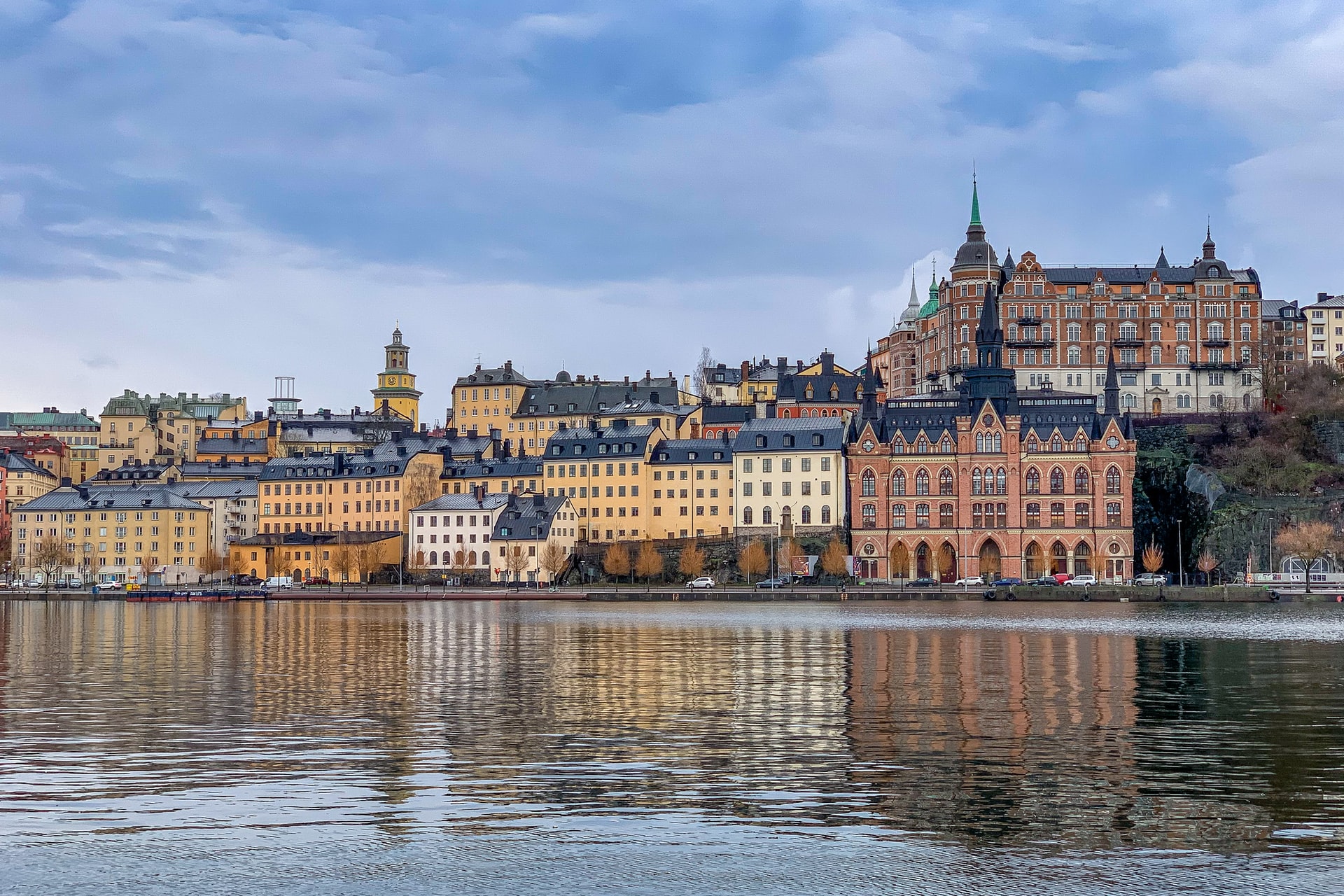News
Stockholm+50: Sweden hosts major UN environment conference, yet is losing its own green credentials

All eyes are on the United Nations, on Stockholm and on Sweden this coming week. (File Photo: Adam Gavlák/Unsplash)
You can almost feel the expectations in the air of the city of Stockholm, Sweden. The United Nations has organised a meeting of governments and the international sustainability community on June 2 and 3 to commemorate 50 years after the historic 1972 United Nations Conference on the Human Environment that took place in the same city. Governments and others are expected to accelerate implementation of climate and biodiversity commitments, the UN’s sustainable development goals, and support a “green” post-COVID-19 recovery.
Such a major international event is the perfect setting for any host country to present itself to the world as a climate and sustainability champion. Sweden is of course no exception, and will do its best to showcase a notable track record on climate and environmental issues in the past few decades.
But anyone who knows a thing or two about Swedish climate and environmental politics will tell you that this official image of a global sustainability champion has lost some of its green gloss lately. In fact, domestic pressures have built up in the past year and have escalated right before the country hosts Stockholm+50. This presents Sweden with a challenging dilemma: it must be a credible host and role model for other countries at a critical time for climate and sustainability action, at the same time as domestic political tensions seriously undermine that very role.
‘Build back the same’
One of these tensions is strongly tied to Stockholm+50’s ambition to help countries “green” post-COVID-19 recovery plans. The at times generous economic stimulus packages following from the pandemic were seen by many sustainability proponents, and even the country’s own independent expert body Climate Policy Council, as an opportunity to “build back better” through investments in climate innovation and “green” jobs.
But the reality of these economic stimulus packages turned out very differently. An independent assessment made by the same council noted recently that only a minority of such investments in 2021 contribute to climate and sustainability ambitions (about 10%). Bluntly put: Sweden did not manage to use this window of opportunity, but instead chose to “build back the same”.
Russia’s war on Ukraine and its resulting increased energy prices in March this year triggered similar political reactions by Swedish political parties from left to right as they coordinated to mobilise government funds to subsidise the fossil fuel and energy use of households by lowering energy taxes, and even offer direct payments to car owners.
Cuts to foreign aid
The war on Ukraine has led to additional political tensions, at least between the Swedish Social Democratic minority government and Swedish civil society. Sweden’s migration costs due to the war on Ukraine have increased in recent months. The government chose to redirect about US$1 billion away from international aid for 2022, to help cover for these increased domestic costs. This has resulted in large cuts in development cooperation programs advancing the sustainable development goals and climate resilience in the world’s most fragile countries.
Such cuts are fully consistent with OECD-countries’ way to measure official development assistance, and Sweden is certainly not alone in using this contested loophole. For example, both Norway and the UK have announced similar cuts. These all set a dangerous precedent for the future. Wealthy countries will face even tougher discussions with those in the global south in future climate negotiations if they continue to erode an already failing international climate finance regime.
Climate moves to the margins
There are, however, much deeper political changes underpinning the Swedish dilemma. As Swedish political scientists have noted, the electoral successes of the populist radical right party Sverigedemokraterna (SD) over the past decade is a visible indication of a tectonic shift in Swedish public opinion, and the rise of an additional dimension of political conflict. This dimension is often captured under the acronym GAL/TAN: green/alternative/libertarian versus traditional/authoritarian/nationalist.
While radical right parties have become increasingly influential in western Europe over the past decades in general, this shift has had at least two notable impacts on Sweden’s role as host for Stockholm+50. First, it has created an increasingly challenging parliamentary context where stable majority governments have become increasingly difficult to form. The result has been both government and national budget crises towards the end of 2021 – at the same time as the preparations for Stockholm+50 were taking place in Swedish government offices.
Second, a growing political and media focus on issues that lie close to traditional/authoritarian/nationalist values, such as immigration, law and order, and national security, has effectively made sustainability and climate increasingly polarised issues among Swedish voters and in the political debate, just ahead of Stockholm+50 and an election in September this year.
All eyes are on the United Nations, on Stockholm and on Sweden this coming week. Decisive climate and sustainability action will not only require coordinated international action. It also requires that all governments joining Stockholm+50 manage to overcome the Swedish dilemma. Our common future depends on it.![]()
Victor Galaz, Deputy Director and Associate Professor, Stockholm Resilience Centre, Stockholm University
This article is republished from The Conversation under a Creative Commons license. Read the original article.





















